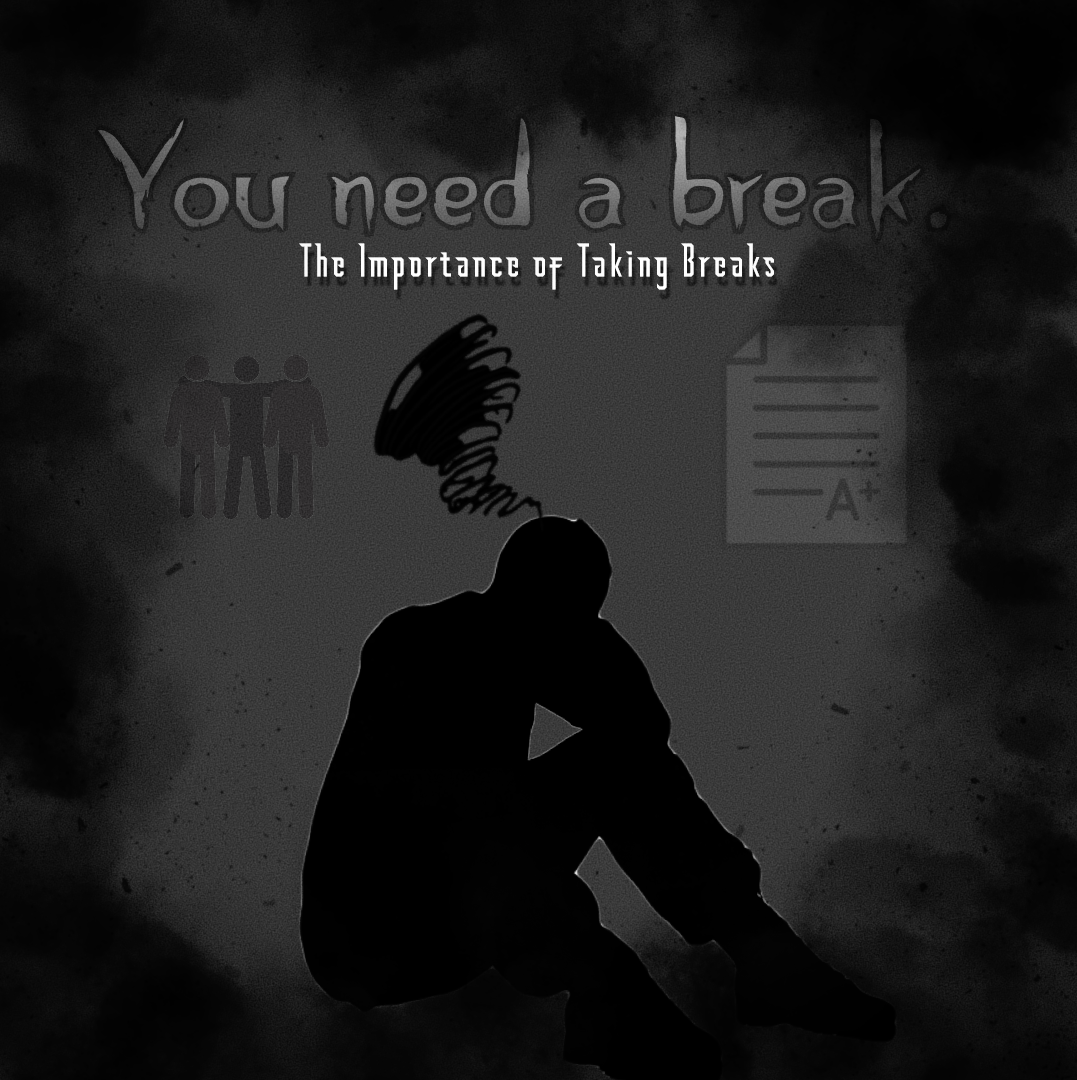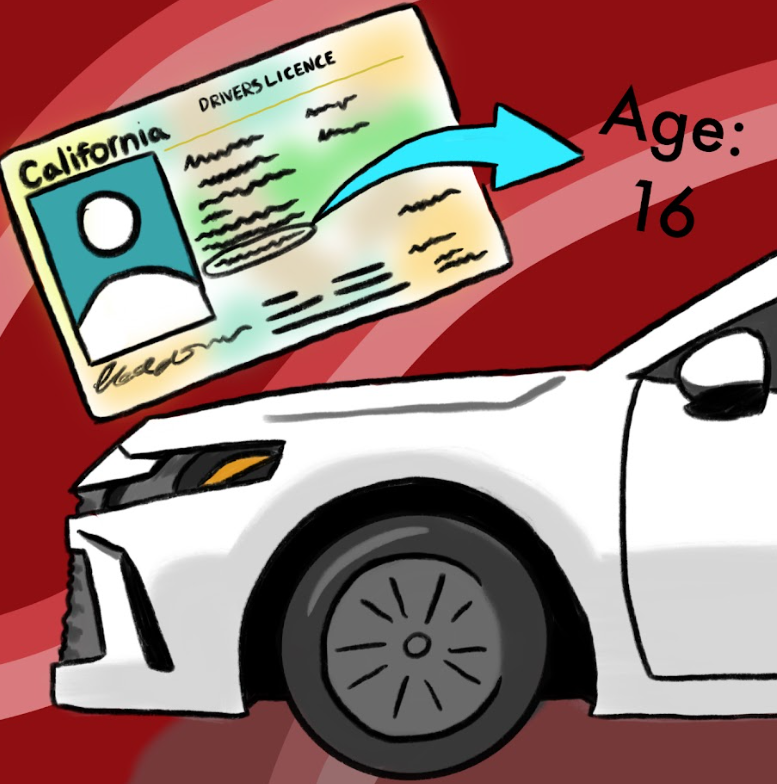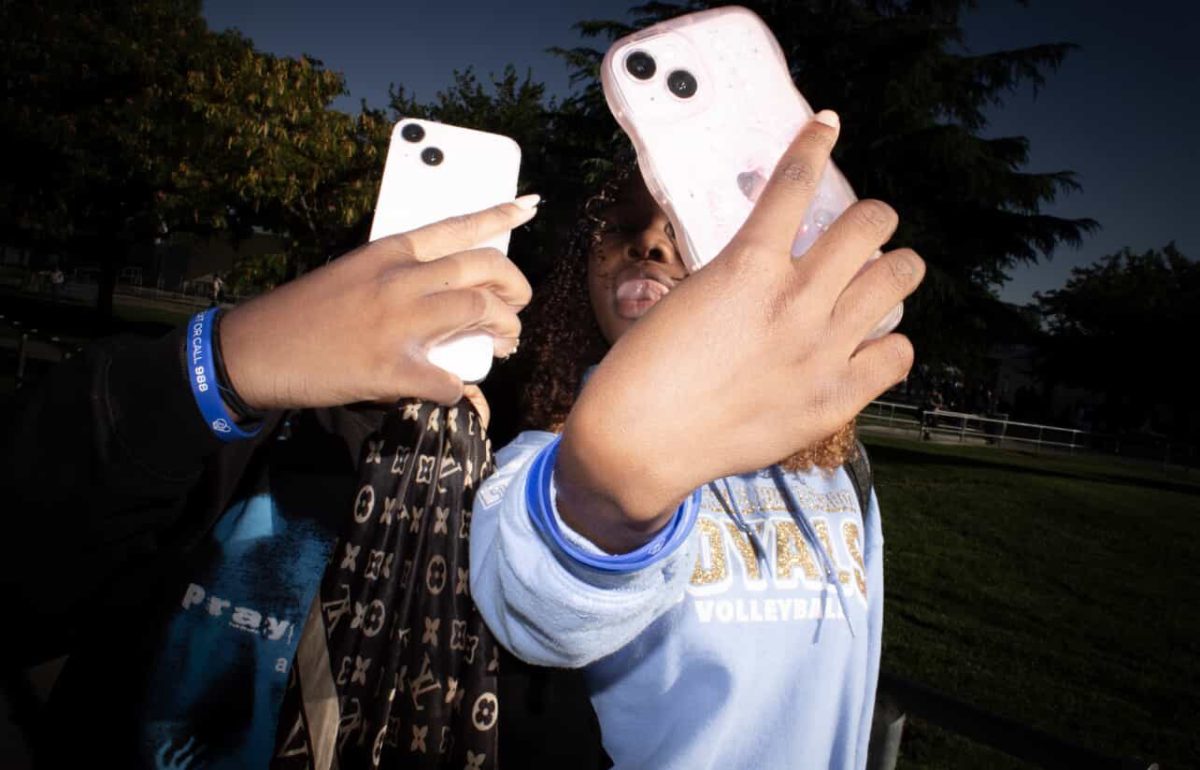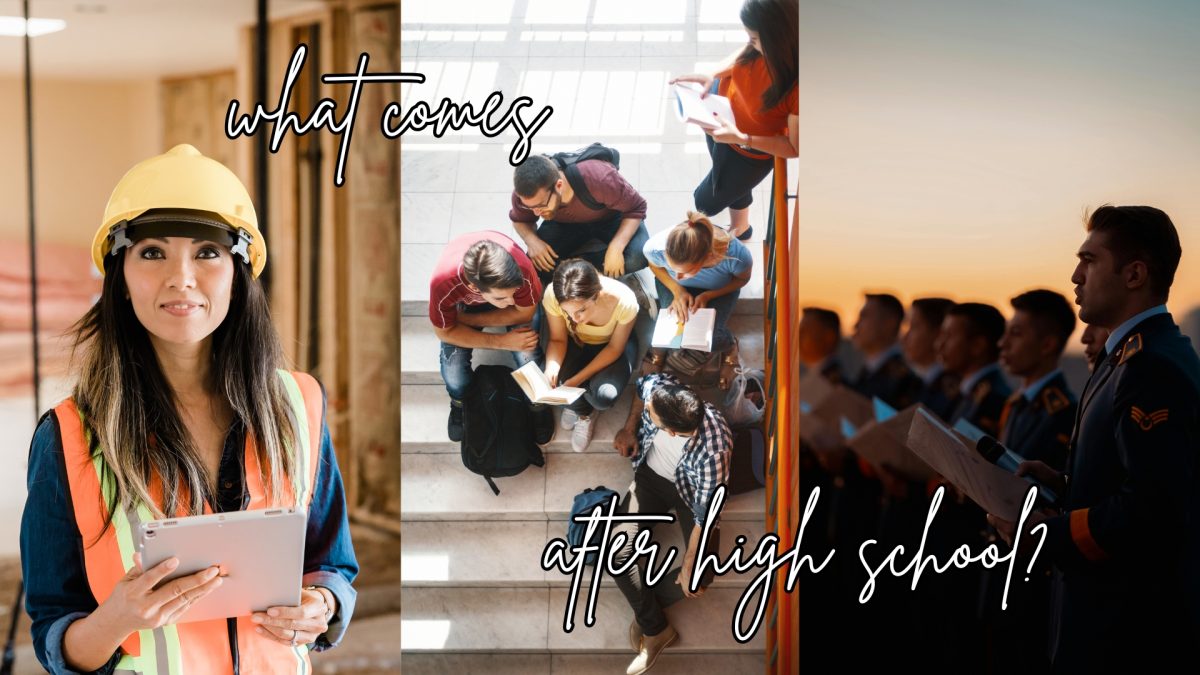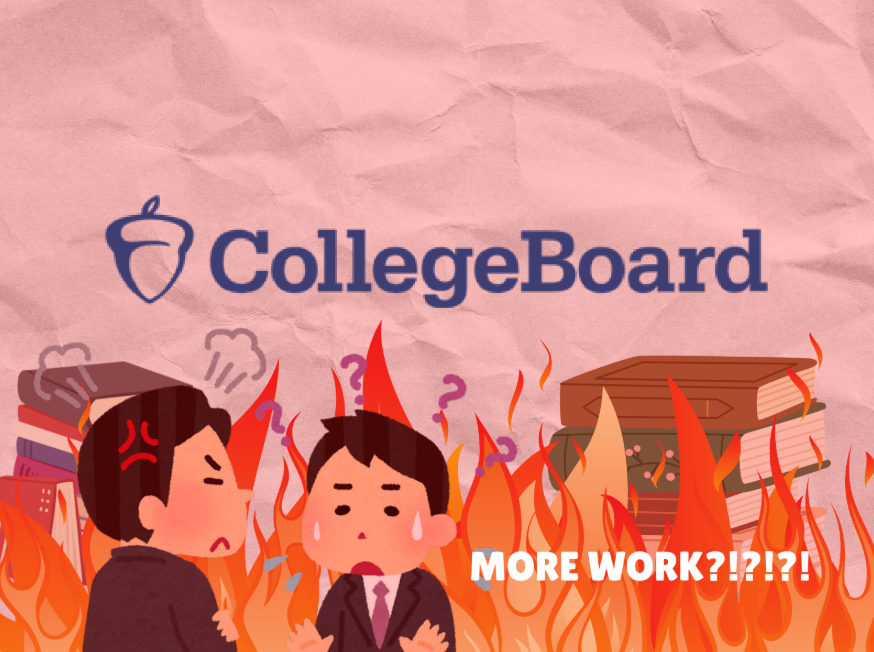As every school year ends, students dread the last few weeks when they are so close to having a two-month-long break. While some may choose to use breaks to continue taking more classes or grind extracurriculars, others will forget about those entirely until school returns in August. Nonetheless, the dilemma still exists on spending your breaks “productively” or not if the choice is open to you.
Students focusing more on academics are likelier to spend their summers in additional classes and extracurriculars. This includes being dual enrollment students, working hard for sports tryouts, or preparing for the following year’s classes. Although those all sound great on the surface, exploring other things in your life and having new hobbies are also important. According to Dr. Chris Mosunic [1], “The key is to listen to your body and mind and to take steps to give yourself the pause you deserve.” No matter what, breaks should not be times of overwhelming stress, and you should take care of yourself by continuing to bond with family and friends.
On the other hand, most students spend their summers nearly void of schoolwork or extracurricular activities. This approach leads people to happier summers, giving them more freedom to relax, pick up interests, or take trips. However, some things can make these breaks seem even more freeing to the mind. Perhaps you can unplug from technology for a few days or get out to explore nature. “The constant stimulation and connectivity can be mentally draining” (Daskal). [2] By August, you should feel well-rested and satisfied that you could physically let your brain take a break during that summer. Doing so can allow for an easier transition and the right to feel recharged after an extended period. Yet, mental breaks are also not something that should just limited to summer or winter breaks but instead can be taken throughout the year.
Burnout is a term that has become synonymous with extended periods of low motivation, especially in teenagers and young adults. For high school students, burnout often occurs after long periods of overworking yourself or having feelings of incapability. Such emotions should not be taken lightly; instead of ignoring them, we should try to mitigate their effects as much as possible. Just like picking your plan for summer, we must be able to prioritize self-care and take on additional responsibilities. Maintaining a healthy lifestyle with proper nutrition, exercise, and adequate sleep is vital (Cleveland Clinic). [3] In your own life, it will be highly beneficial to carve out time to take one-day breaks during stressful times and incorporate a healthy lifestyle into your daily routine.
Whether it be the middle of summer or two weeks before finals, self-care, and healthy living are absolute musts in the lives of everyone. Without it, summer or winter breaks can feel more draining than rejuvenating, and you may always feel “burnt out.”



